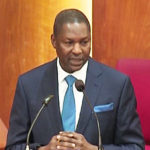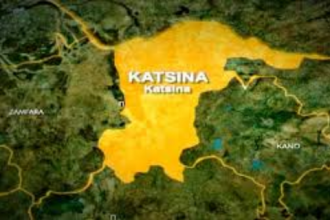British Columbia has introduced a two-year ban on tertiary institutions from admitting international students.
Officials stated that the decision is driven by the need to protect international students from unscrupulous institutions and is part of the Canadian government’s broader strategy to manage the surge in immigration of international students, which has contributed to a housing crisis in the country.
The move aligns with the recent announcement by the Canadian government to impose a two-year cap on new international student permits, aiming to reduce the intake by 35% this year to around 360,000 students and ceasing the issuance of work permits to some graduates.
Minister for Post-Secondary Education Selina Robinson stressed the necessity of the freeze to rectify deficiencies within an international education framework that has been underperforming.
Robinson outlined measures to enhance transparency in tuition costs, establish expectations for maximum international student enrollment levels, and introduce new standards for institutions.
Robinson revealed that the province would establish minimum language proficiency standards at private institutions to ensure international students are adequately prepared before arriving in British Columbia.
Concerns were raised about instances of substandard education, a shortage of instructors, and discouragement of students from lodging complaints by certain private institutions.
Out of the 175,000 international post-secondary students in British Columbia, approximately 54% are enrolled in private institutions.
Robinson stated that the province will increase inspections of schools to ensure compliance with standards and prevent the exploitation of students.
In 2023, Canada aimed to admit 500,000 permanent residents and 900,000 international students to drive economic growth. However, the actual intake exceeded these limits, leading to a housing shortage of 345,000 units exacerbated by rising interest rates, posing challenges for the Trudeau government.











